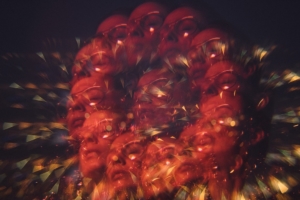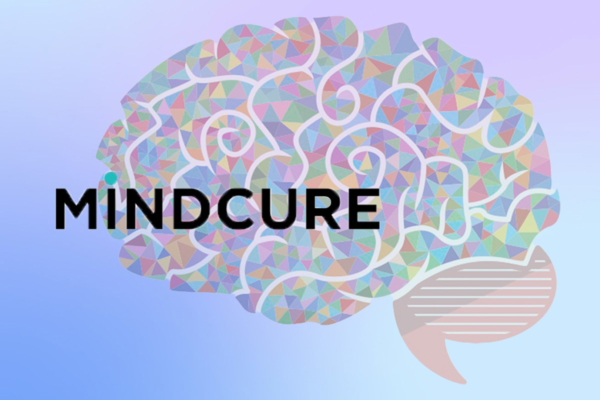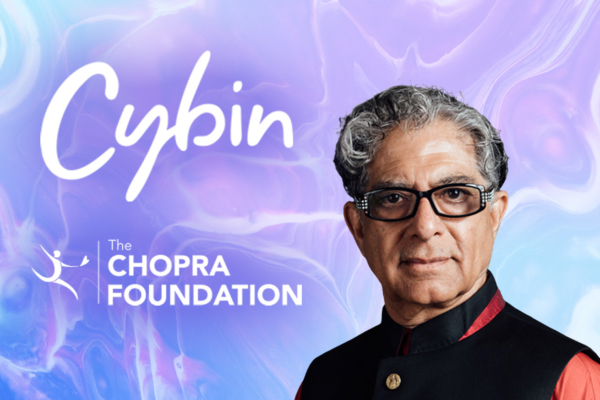
As the psychedelic wellness space evolves, it’s crucial that representation is front and center in the conversation. From practitioners to researchers to patients, it must be abundantly clear that people from all walks of life are seen and heard.
For Jennifer Montjoy, Ph.D., PMHNP-BC., an open-hearted mindset is the key to a truly integrative psychedelic experience. Founder of the Transpersonal Research Institute of Psychotherapeutic Psychedelics (aka TRIPP), a 501(c)(3) public service organization in southern Arizona, Dr. Montjoy has made it her mission to help people heal and to provide opportunities so that everyone has a seat at the table.
After many years spent as a clinical researcher and psychiatric provider offering ketamine-assisted psychotherapy (KAP), Dr. Montjoy discovered a glaring need for diversity within the space.
“TRIPP manifested as a result of some gaps that I was noticing in the industry and in my practice,” Dr. Montjoy explained in a recent conversation with Psychedelic Spotlight. “There’s definitely a lack of representation.”
TRIPP offers in-depth and intimate training courses for new KAP facilitators wishing to integrate ketamine into their psychiatric and psychotherapy practice, as well as holistic experiential retreats for first responders and frontline healthcare clinicians. Dr. Montjoy specifically aims to bring women and BIPOC practitioners together to help set the foundations for an inclusive industry. The nationally-accredited training offers one full monthly scholarship to promote inclusivity for licensed clinicians who identify as female, BIPOC, and/or LGBTQIA+.
Spiritual Nature of KAP Another Crucial Form of Representation
Dr. Montjoy suggests that respecting each client’s spiritual beliefs is imperative; while psychedelic journeys are often mystical or spiritual in nature, western medicine and biomedical research of psychedelic compounds exclude the existential nature of these experiences, and consequently, how practitioners are being taught to facilitate psychotherapeutic psychedelic experiences.
“Experiences in the trainings are often spiritual in nature,” Dr. Montjoy told Psychedelic Spotlight. “It’s important that we speak to this—that we no longer ignore this or shy away from it, both with psychotherapeutic applications of psychedelic medicines and also in researching these molecules.”
She argued that the disembodiment created by ketamine is rife for spiritual discovery, something unique to this particular compound that must not be taken for granted.
“Because of the dissociative nature of ketamine, more so than other psychedelic medicines, we experience ourselves in a very expansive, formless way. We come to recognize that we are, if you will, energetic beings having a physical experience.”
The celebration and inclusion of spiritual practice is one component of TRIPP’s philosophy that genuinely sets it apart, both for retreat participants and facilitator trainees alike. Dr. Montjoy believes this aspect of the TRIPP coursework will benefit students and their future patients for years to come, mainly since a psychedelic journey can be so incredibly vulnerable—integrating and acknowledging the divine in each of us will only empower them further.
“I think it’s important that clinicians are being trained and empowered to be able to assess, ask the right questions, and tailor their approach to their practice and each individual based on that person’s cultural beliefs—really honoring and respecting that, whether they identify as atheist or Catholic, or Buddhist or simply spiritual.”
Learn more about TRIPP’s KAP trainings here.





